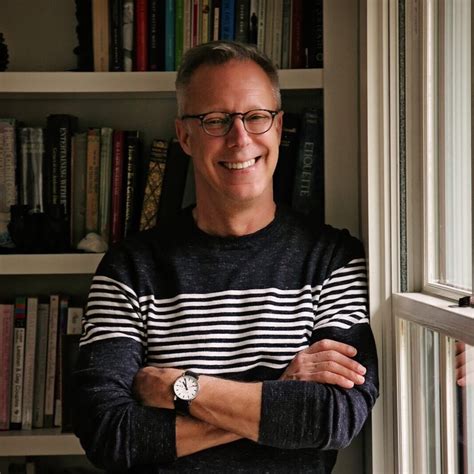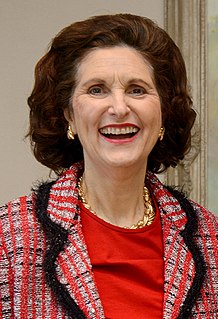A Quote by Dale Jamieson
I see a lot of individual action when it comes to environmental questions really as a form of politics as a way of communicating with political leaders, much in the same way that acts of civil disobedience during the civil rights' movement were really acts of political communication, trying to get laws changed rather than based on the thought that the individual action would really change the practices of segregation.
Quote Topics
Action
Acts
Based
Change
Changed
Civil
Civil Disobedience
Civil Rights
Communicating
Communication
Disobedience
Environmental
Form
Get
Individual
Laws
Leaders
Lot
Movement
Much
Political
Political Leader
Political Leaders
Politics
Practices
Questions
Rather
Really
Rights
Same
See
Segregation
Than
Thought
Trying
Way
Were
Would
Related Quotes
Much of the point of individual action is really to communicate with other people and with political leaders and to demonstrate to them that we are willing to live lives which are less dependent on fossil fuels and we'll show you that now by changing our individual life to some extent but we want you to take action, political leaders, so that we aren't living in a society in which we're dependent on poisoning the future in order to maintain present lifestyles.
For black politicians, civil rights organizations and white liberals to support the racist practices of the University of Michigan amounts to no less than a gross betrayal of the civil rights principles of our historic struggle from slavery to the final guarantee of constitutional rights to all Americans. Indeed, it was practices like those of the University of Michigan, but against blacks, that were the focal point of much of the civil rights movement.
Up until, really, Roosevelt, African-Americans largely voted ninety per cent Republican. That was the political origins, that's what their political voice was in the Republican party. During that history, that last sixty or seventy years of history, the Republican party effectively walked away from the community. They were afraid to really embrace civil rights even though they embraced civil rights legislation. And so it's not enough to just to put it on paper, you gotta actually show up and be in the community, and understand what that struggle was really about.
[Before the Civil Rights Act of 1964], many governments in southern states forced people to segregate by race. Civil rights advocates fought to repeal these state laws, but failed. So they appealed to the federal government, which responded with the Civil Rights Act of 1964. But this federal law didn't simply repeal state laws compelling segregation. It also prohibited voluntary segregation. What had been mandatory became forbidden. Neither before nor after the Civil Rights Act were people free to make their own decisions about who they associated with.
Okay, so here's my question: When did civility become incompatible with protest? Why do some people consider civility an antonym - anathema, even - to political action and dissent? Because, and I'm raising my voice, it's not. Have we forgotten how Mahatma Gandhi used nonviolent civil disobedience to free India from British rule and inspire civil rights movements worldwide?
The state says: "Well, in order for it to be legitimate civil disobedience, you have to follow these rules." They put us in "free-speech zones"; they say you can only do it at this time, and in this way, and you can't interrupt the functioning of the government. They limit the impact that civil disobedience can achieve. We have to remember that civil disobedience must be disobedience if it's to be effective.
My links with [Mahatma] Gandhi now are very political links because I do not believe there is any other politics available to us in the late twentieth century, a period of a totalitarianism linked with the market. There is really no other way you can do politics and create freedom for people without the kinds of instruments he revived. Civil disobedience is a way to create permanent democracy, perennial democracy, a direct democracy.
I think one of the tragedies of the civil rights movement was because the civil rights movement became so court-focused, I think that there was a tendency to lose track of the political and community organizing, and activities on the ground, that are able to put together the actual coalitions of power throughout which you bring about redistributive change. And in some ways, we still suffer from that.
In less than a century we experienced great movement. The youth movement! The labor movement! The civil rights movement! The peace movement! The solidarity movement! The women's movement! The disability movement! The disarmament movement! The gay rights movement! The environmental movement! Movement! Transformation! Is there any reason to believe we are done?































